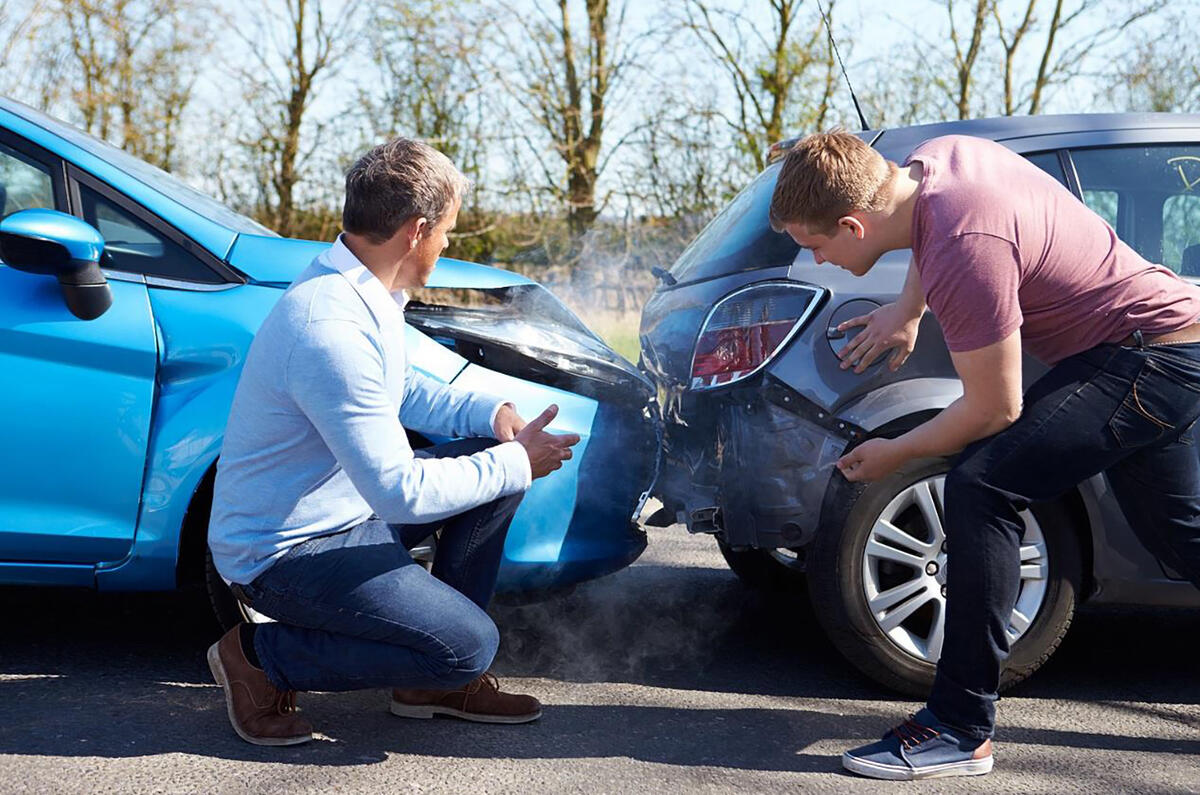If a car has been involved in an accident, there's a chance it will have sustained some damage and it could be put in a write-off category.
One of the most common forms of damage is designated as Category N and it can lead to your car being written off by your insurer.
But what is a Cat N write-off? We explain exactly what that means in this article, plus what damage can lead to it and whether you can still get insured after it has occurred.
What is a Category N car?
A car classified as Category N is one that has been in an accident but hasn't endured damage to its structural frame. It’s considered by many to be the least critical form of write-off.
If a car is classified as Cat N, it will have been written off because its insurer believed it would have been too expensive to repair - even though it might still have been roadworthy.
What damage will a Category N car have?
A Cat N car will have suffered non-structural damage, meaning the chassis or general structure of the vehicle was still intact. To be repaired, the cost must not exceed the perceived value of the car. If it does, the insurer usually classes the car as a write-off.
Cat N cars are likely to have suffered damage to their exterior bumpers, doors, steering, engine, electronics or alternator, although it’s a broad term, and some insurers class damage differently from others.
According to the Association of British Insurers and repair firm Co-Part, areas of your car considered structural include the following: the firewall and front bulkhead, side cant rail, rear crossmember, rear inner wing, rear header rail, rear wheel-housing extension, B-post, sill, front upper-wing support, front inner-wing support, A-post, front chassis leg/welded crossmember and rear chassis leg.
If your car hasn’t suffered damage to any of those components, it could be classed as a Cat N write-off.
Should I buy a Category N car?
Some dealerships sell cars that have been classed as Cat N write-offs. Many consider Cat N cars to be smart buys, because they can be priced lower than other cars.
A Cat N car should be correctly advertised as such, and if you want to buy one, there are a few important things you should consider checking.
Make sure you do your research, as a Cat N car isn’t required to be re-registered or pass an inspection.
However, the DVLA must also be told that the damaged vehicle has returned to the road and it must pass an MOT test.
Can you insure a Category N car?
You can insure a Cat N car, but it will be down to the individual provider to decide whether they will provide you with cover. Drivers must also declare the car’s Cat N status to their insurer when hunting for a quote.
Will it cost me more money to insure a Category N car?
Sometimes. Some insurance providers will offer you higher premiums if your car is classed as Cat N, and that’s because of the perceived level of risk. It’s all about how high the possibility is that your insurer will need to spend.




Join the debate
Add your comment
Great explanation of Cat N cars! I recently had to deal with a Cat N vehicle, and while it was cheaper to repair than expected, it still helped to have reliable support in case anything went wrong on the road. For anyone needing quick roadside assistance or recovery for cars like this, services like Near Me Recovery are really handy and super responsive.
We have 2 Cat N car and consider them smart buys, yes they will be worth less on resale but if your trying to get into a decent vehicle to start with its the initial cost that is the barrier and these cars were substantially cheaper. You need to have a level of knowledge of car mechanics to not buy a lemon though so its not for everyone.One car had a damaged rear door, literally nothing else at all. The insurer would have to fit a new door and deemed it too much hassle. Keeping an eye out for a while, I got a pristine one from a breaker for £100 complete, right year and colour and its an easy switch. One of my teens got a car worth £8250 without the N for £5700 + £100.The other car was slightly more tricky, the aircon kept losing gas slowly we found later, this car had a surpringly light front bump and had a new front end put on very well, but they didn't spot damage to the aircon radiator so we had to replace that. Local garage was about £250.Both have been running mint, been serviced and MOT'd with zero advisories since.I was worried about insurance but they really don't care! you tell them and it makes no difference, I ran quotes without declaring and then declaring and it was just the same.Previously we had a Cat. N stolen and they paid out the market value of the car as a Cat N. as you might expect, perhaps I am good at haggling when I buy them, but the insurer paid more than I had paid for it!